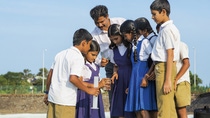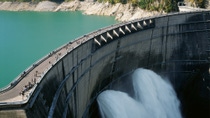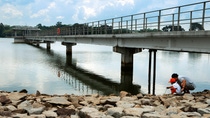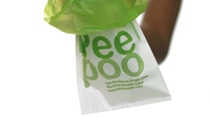Chi siamo
Children are the agents of change
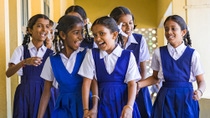
Water scarcity is a cause of concern in several states across India. Access to clean drinking water is an additional challenge, especially in rapidly developing cities like Mangalore. A special water education project in Mangalore helps to address these problems.
Unclean water is one of the main causes of disease. Lack of clean sanitation can also be one of the reasons why children do not finish their education. Girls, in particular, are put off attending schools that lack private and decent toilet facilities.
To address these problems, in May 2011 BASF Stiftung – a charitable foundation based in Ludwigshafen, Germany – together with UN-HABITAT, the United Nations Human Settlements Programme, launched a special water education project in Mangalore. The project was implemented by The Energy and Resources Institute (TERI) and supported by BASF India. The aim of the project was to provide sanitation facilities and, through water education, to raise awareness among the students and the community of effective water-quality monitoring and conservation techniques.
Some 25 schools were selected to participate, involving a total of 5,000 students. The schools were given water testing kits and teachers and students were trained to use them for monitoring water quality at their sites. Eight of the project schools were equipped with water laboratories to carry out water quality monitoring. Water classrooms were established in two of the schools to educate the students on the water cycle and water conservation methods. The goal was to develop water quality maps so that any discrepancies could be reported to the authorities.
The project was comprehensive and integrated in its approach: from installing water supply infrastructure and providing education and training to students, teachers and the local community, to sharing information with the public and local authorities and building cooperation between communities. The result: Children have a better chance of finishing their education in good health and the progress that is made is sustainable over the long term. With this initial support, these communities can now help themselves.
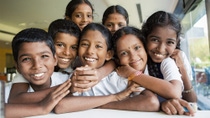
As part of the Water Education Project, students from Shri Venkataramana Higher Primary School, with their science teacher, test water quality in the reservoir near the BASF site in Mangalore. Using a water testing toolkit, they test the physical, chemical and biological parameters of the water sample. The reservoir, which holds over 25,000 cubic meters of water, was built by BASF on its premises to store water from the neighboring Netravati River for industrial use.
The science teacher explains the water testing process to the students. By educating pupils, the Water Education Project aims to provide sustainable, long-term improvements in water quality for the local communities.
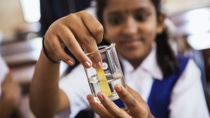
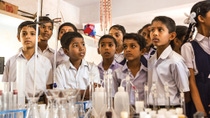
“The Water Education Project equipped students to monitor water quality in their neighborhoods and raised awareness in the local community about the careful use of this natural resource.”
Dr. Hartmut Unger, Managing Director, BASF Stiftung

